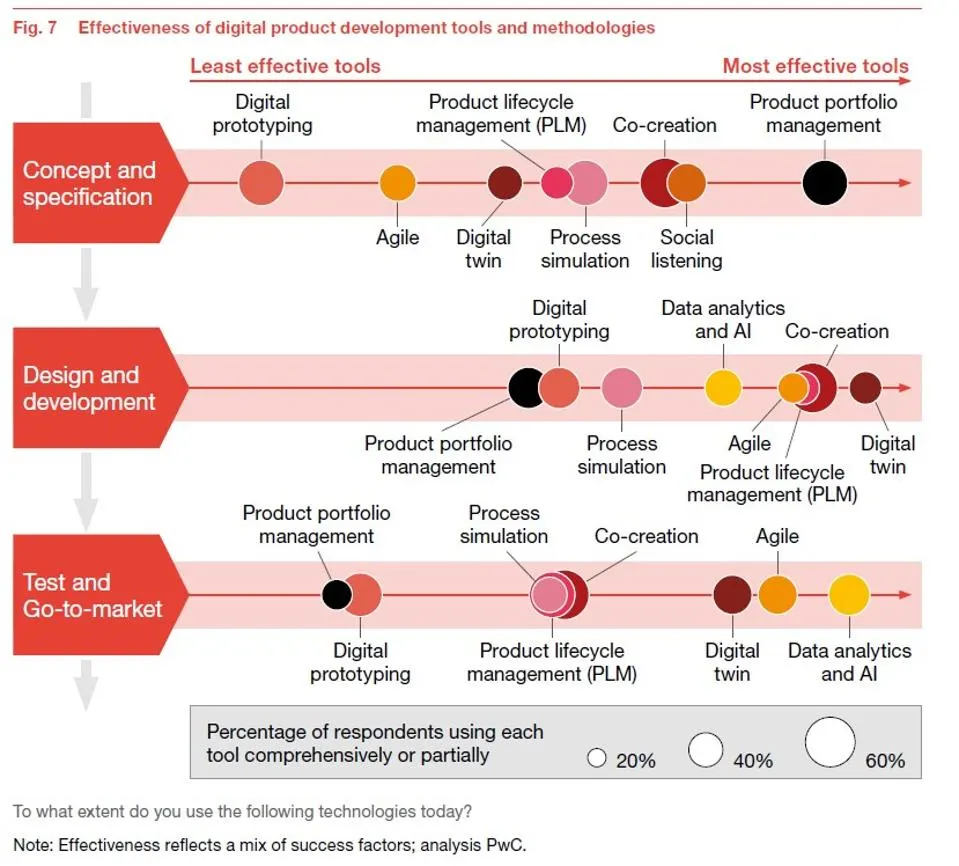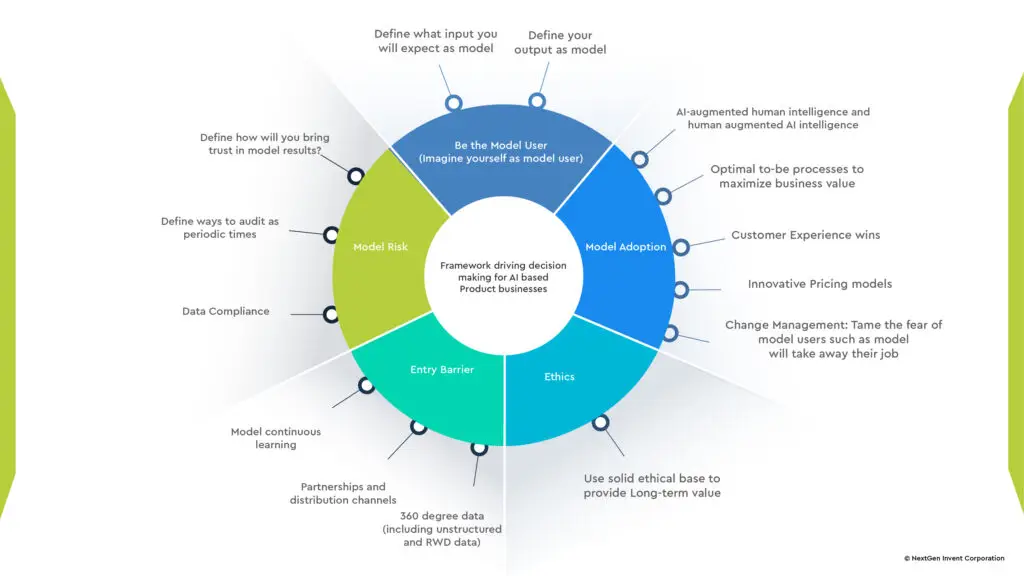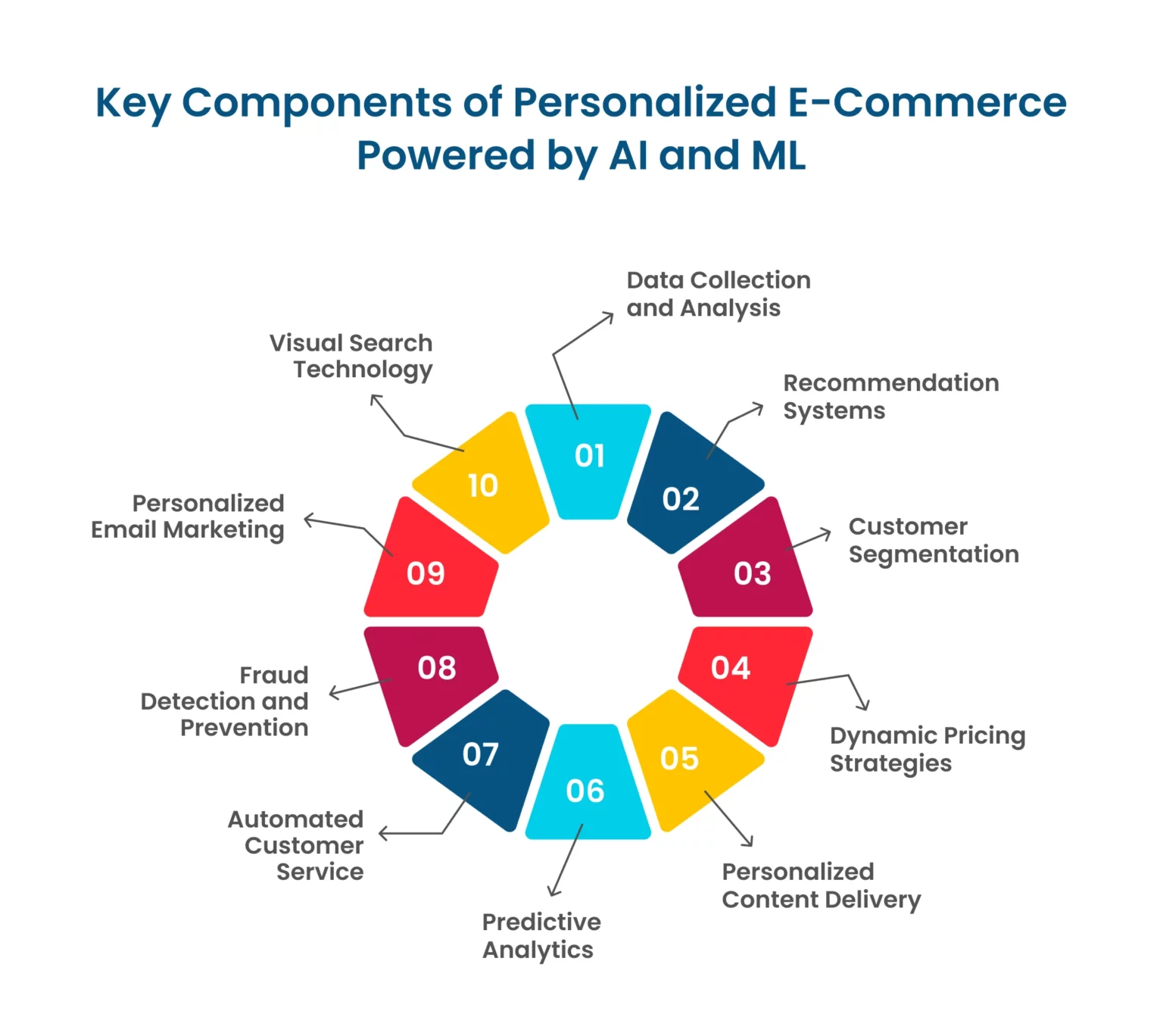Artificial Intelligence (AI) and Machine Learning (ML) are reshaping companies’ operations. These cutting-edge technologies are playing an increasingly important role in product development and innovation, empowering businesses to keep up with ever-changing market demands. From automating complex processes to predicting consumer trends, AI and ML offer a range of capabilities that allow companies to be more agile, efficient, and innovative.
In this article, we’ll explore how AI and machine learning are transforming product development by optimising processes, enhancing decision-making, and enabling personalised experiences. With the growing influence of these technologies, businesses are discovering new ways to innovate and bring products to market faster than ever before.
The Evolution of Product Development
Product development has come a long way from its traditional roots. In the past, creating a new product involved lengthy processes, manual decision-making, and trial-and-error. Today, technology has revolutionised the way products are conceived, designed, and delivered. The integration of AI and ML into product development has shifted the focus from gut-feeling decisions to data-driven insights.
Innovation refers to the introduction of new ideas, products, or services that bring added value to the market, while product development is the process of bringing those innovations to life. There are four major types of product development: new product development, product improvement, product line extension, and product repositioning. Each of these categories focuses on different strategies for meeting consumer demands.
Optimising Processes with AI and Machine Learning
Source: Forbes
One of the most significant advantages AI brings to product development is process optimisation. Traditionally, companies relied on human expertise and manual operations, which were time-consuming and prone to errors. AI-driven automation is changing the game by speeding up these processes. Through AI-powered tools, businesses can automate repetitive tasks such as quality control, testing, and even customer feedback analysis, which shortens the product development cycle and ensures higher efficiency.
Machine learning plays a critical role by providing data-driven insights. It uses algorithms to analyse vast datasets, identifying patterns and trends that would be impossible for humans to detect manually. This ability to draw insights from massive amounts of data allows companies to make better-informed decisions, optimise processes, and reduce the likelihood of errors. As a result, companies can accelerate their time-to-market—the period it takes to develop a product and release it to consumers—by streamlining their development processes through AI.
A notable example is Rolls-Royce, which uses AI in the development of its jet engines. Through AI-driven simulations and predictive analytics, Rolls-Royce has been able to cut down development times and improve engine performance, reducing fuel consumption and operational costs.
Enhancing Decision-Making with AI and Machine Learning
Decision-making is a critical aspect of product development. With AI and machine learning, businesses can leverage vast amounts of data to enhance their decision-making capabilities. AI allows companies to analyse market data and customer behaviour, generating actionable insights that inform key decisions.
Source: NextGen Invent
One of the most valuable AI applications is predictive analytics, which enables companies to forecast market trends, anticipate customer needs, and adjust their strategies accordingly. This forward-looking approach helps businesses stay ahead of the competition by developing products that meet emerging demands.
Furthermore, AI-powered risk assessment tools can analyse potential risks and offer mitigation strategies, allowing companies to make informed decisions and avoid costly mistakes.
For example, the retail giant Zara uses machine learning to forecast trends by analysing consumer data, including social media and past sales data. This allows Zara to make data-driven decisions about product design, stock levels, and marketing strategies, ensuring they deliver what customers want when they want it.
Enabling Personalisation in Product Development
Source: Jellyfish Technology
Another transformative impact of AI in product development is its ability to enable personalisation. Consumers today expect tailored experiences, and AI allows companies to meet these expectations by analysing consumer preferences and personalising their products accordingly.
AI can process massive amounts of consumer data, including browsing habits, purchasing history, and even social media activity, to gain a deep understanding of individual preferences. This data-driven approach allows businesses to develop personalised products that cater to the specific needs and desires of their customers, creating a more engaging and satisfying user experience.
One industry that has fully embraced AI-driven personalisation is e-commerce. Companies like Amazon and Netflix use AI algorithms to recommend products and content based on users’ past behaviours and preferences. These personalised recommendations not only improve customer satisfaction but also increase customer loyalty, as users are more likely to return to a brand that understands their preferences.
The impact of personalisation goes beyond recommendations. Companies are now using AI to personalise product designs and features, offering consumers more customisation options. This level of personalisation has revolutionised industries like fashion, where companies like Nike allow customers to design their trainers to their specifications using AI tools.
Challenges and Considerations when Integrating AI and ML into Product Development
While AI and machine learning offer tremendous potential for transforming product development, there are challenges that companies need to address. One major concern is the ethical implications of using AI. AI systems rely on vast amounts of data, and there are concerns about how this data is collected, used, and stored. Companies must ensure they handle consumer data responsibly and protect individuals’ data privacy to avoid ethical dilemmas.
Additionally, AI-driven automation could lead to workforce displacement as machines take over jobs traditionally performed by humans. Companies must consider how to balance automation with job creation and ensure a responsible transition.
The future outlook for AI in product development is promising. As AI and ML continue to evolve, their integration into business processes will become more seamless. Companies that invest in these technologies now will be better positioned to innovate and stay competitive in the long run.
Final Takeaways
AI and ML are transforming the way companies approach product development and innovation. From optimising processes and enhancing decision-making to enabling personalisation, AI empowers businesses to create products that meet modern consumer expectations.
Looking to the future, AI’s role in product development will only grow. Companies that embrace AI and ML will be better equipped to respond to market changes, deliver innovative products, and stay ahead of the competition.
If your business is not yet exploring the potential of AI and machine learning in product development, now is the time to start. These technologies are not just a trend; they are shaping the future of innovation. By adopting AI-driven strategies, you can ensure your business remains at the forefront of product development and innovation.



